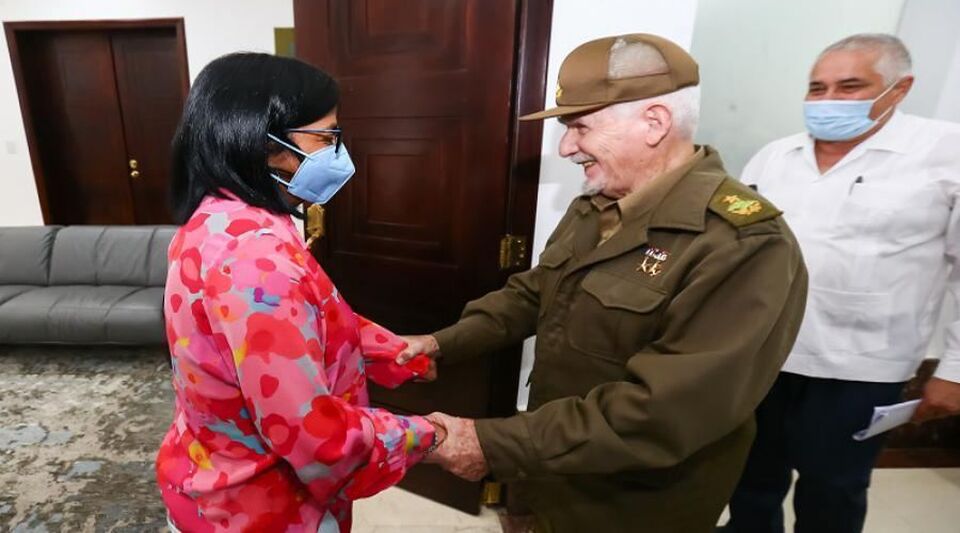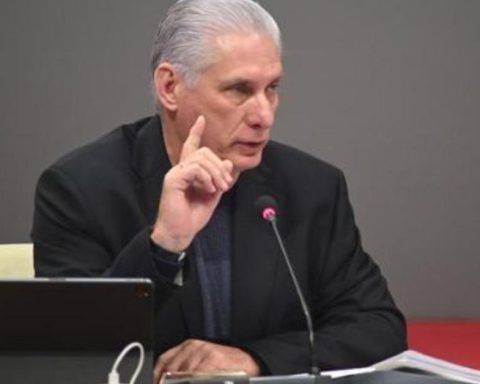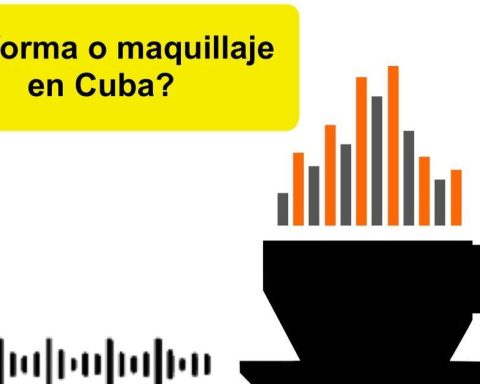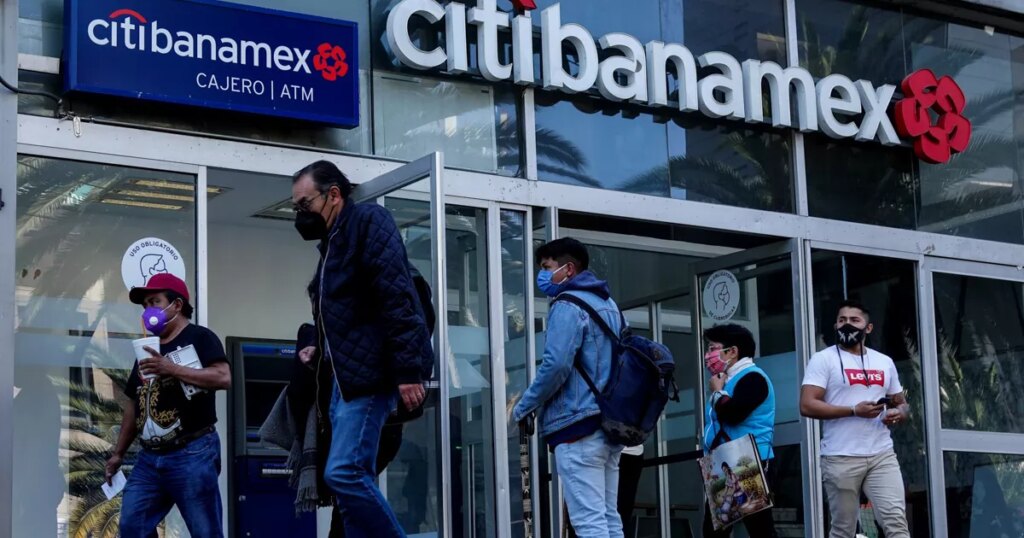The deputy prime minister of Cuba, Ramiro Valdés Menéndez, is visiting Venezuela to evaluate the progress in bilateral cooperation, an issue he addressed this Friday during his interview in Caracas with the executive vice president of the South American country, Delcy Rodríguez.
The authorities, according to information from the state channel Venezolana de Televisión (VTV), reviewed the progress and “prospects” of the Comprehensive Cooperation Agreement between the two nations, signed more than 20 years ago, without offering further details about what was discussed.
The Cuban ambassador to Venezuela, Dagoberto Rodríguez, the island’s Minister of Industry, Eloy Álvarez, and the Venezuelan vice-minister for Latin America, Rander Peña, participated in the meeting.
This year, Caracas and Havana “agreed to review their association to perfect new opportunities for cooperation, which has been strengthened with the integration, solidarity and complementarity of the two countries,” according to a statement from the so-called Bolivarian revolution.
Cuba and Venezuela have been close political and economic allies since Hugo Chávez came to power in 1999.
Starting in 2000, Venezuela became the main supplier of crude oil to the Caribbean island through an agreement that grants preferential prices in exchange for medical and educational services.
Starting in 2000, Venezuela became the main supplier of crude oil to the Caribbean island through an agreement that grants preferential prices in exchange for medical, educational, military and counterintelligence advisory services, and which was signed by Chávez and Fidel Castro 22 years ago.
However, in recent months this exchange has been much less stable, and Venezuela’s oil exports to Cuba have fallen on several occasions during 2022. Although Caracas has increased its oil business globally, the island only received 38,000 barrels per day (bpd) of crude in November, which represented a notable decrease from the 52,000 bpd in October.
China continues to be the privileged buyer of Venezuelan crude, whose exports, according to Refinitiv Eikon, have grown by 16% in November compared to October. Caracas sent abroad 619,000 bpd
The Reuters agency recently published an investigation into the tricks that Venezuela uses to evade international sanctions, including sending its fuel to Malaysia to erase its place of origin. The country has also benefited from the US license to the Chevron company, a Washington strategy to reduce Russia’s income from the oil trade.
Venezuela’s problems in recent years to provide large amounts of fuel to Cuba have been added to the greater needs of the Island, which requires large amounts of fuel to generate energy instead of damaged thermoelectric plants, fed with national crude. This has led Cuba to try to strengthen its relations with other energy supply partners, such as Algeria, Turkey, Russia or China, destinations on Miguel Díaz-Canel’s last tour.
________________________
Collaborate with our work:
The team of 14ymedio He is committed to doing serious journalism that reflects the reality of deep Cuba. Thank you for accompanying us on this long road. We invite you to continue supporting us, but this time becoming a member of our newspaper. Together we can continue transforming journalism in Cuba.















